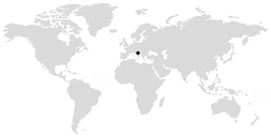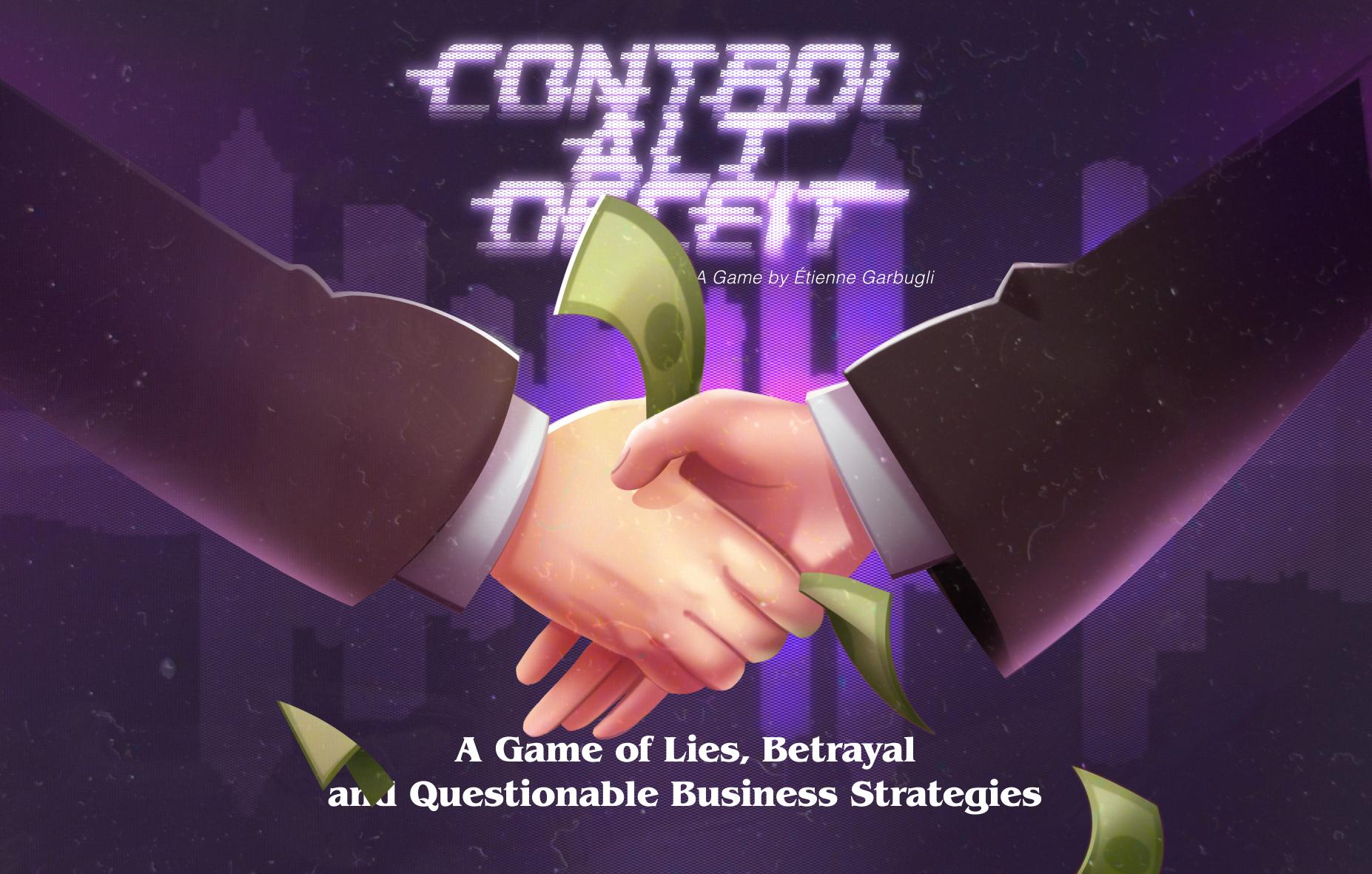How I learned to kill my creative instincts
I was raised to believe that everything is possible. To this day, I still thank my parents for raising me this way but, I also realize the downsides of this belief.
In the business world, you can dream big but, it’s rarely the person with the wildest imagination that wins the prize. In fact, the most successful people rarely self-categorize as ” creative ” folks.
The square peg
I was a LEGO nuts as a child. I used to spend hours building gadgets, structures and weapons (I had a weird attraction for weapons…). Around this time, my dream was to become an Inventor.
Growing up, I became a student of creativity. I was interested in songwriting, screenwriting, moviemaking, design, architecture – pretty much all creative arts. I was the Artist most times but, in art classes, I was the Engineer…
My creativity was more functional. I would build a working prototype for a songwriting app when others would make something pretty.
Coming out of college, I wanted to live off of my ideas. Advertising seemed to be where creativity was happening so, I went looking for an art director/copywriter/ad genius job… Surprisingly, those jobs are not handed out to kids out of college…
UX eventually allowed me to live off my creativity but, it wasn’t enough. I wanted to Live off of my ideas. I created Flagback in 2009. It was a solution to my own problems but, it was also my first working invention.
We ran out of money with Flagback and I was unable to prove myself as a software creator…
Up to this point, I believed that being more creative was the path to success. I still wanted to be an inventor.
From inventor to opportunity-seeker
With more maturity, knowledge and an humbler creative process, I founded a new startup in 2011. As outside observers to the HR industry, our creativity and fresh outlook were our main competitive advantages.
We tried, tried, tried and tried to find a creative solution to real industry problems but, ultimately, we ran out of ideas. It was also interesting to realize that not all problems were worth solving.
“Artistic creativity is a curse. It makes you invent a product or invent a focus. Creativity keeps you from focusing on doing business.”
But, it feels boring if you don’t invent…
There’s a strong drive towards innovation and disruption in technology. High risk / High reward gets funded and, we only hear about the survivors. Our entrepeneurial model is Steve Jobs (creative genius) when it should really be Edison (work ethic + creativity). The myth is bigger than the reality.
“Genius is one percent inspiration, ninety-nine percent perspiration” – Thomas Edison
The most successful people I know are great listeners, great team players, great communicators or have an uncanny ability to see opportunities. They rarely attribute their success to better ideas. Innovation is not the stroke of genius, it’s the process that follows.
“Don’t think innovation. Think usefulness.” – Chris Guillebeau
Shortcuts to creativity
Entrepreneurs focus on finding something new. We look for grand vision (how we’ll win) when we should really look at how we’ll begin.
“No business plan survives the first customer contact” – Steve G Blank
No matter what you do, if you do it well, you will get competitors. The first-to-market (or first mover) rarely comes out winning (think Google, Facebook, Microsoft, Dell, etc).
“New business opportunities can come from changing 5% of an existing product.” – François Lane, Cakemail
The technologies imagined inside our company have no value until they get validated with real customers – Louis Têtu, Coveo / Taleo
Starting a business is not a creative activity; it requires creativity but, it’s not a creative activity. Focus on capitalizing on opportunities, don’t create your own focus.

